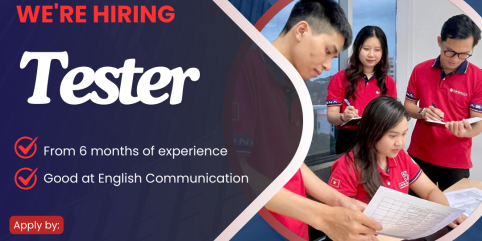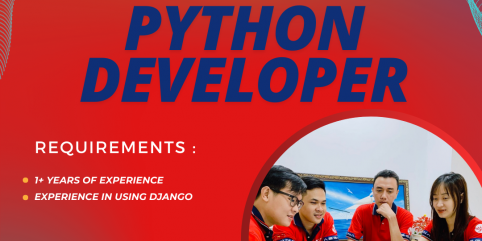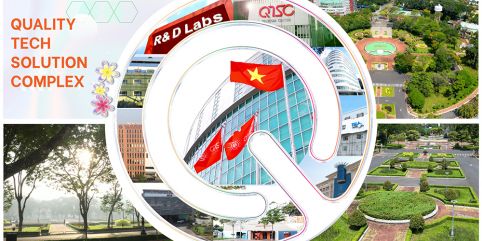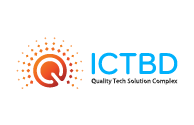Within the framework of the program "Digital Transformation and Innovation Startup Week 2024 (Mekong Delta 2024)" held in Hau Giang from May 22-24, QTSC, alongside introducing technology products and solutions at the experiential area of digital transformation models, as well as new technology trends promoting sustainable development, also participated in presenting at the specialized seminar “Digital transformation promotes e-government towards digital government.” The presentation covered two topics: C-HUB: A multi-dimensional connection solution for Smart City, and Threat Intelligence: Role and practical application.
C-HUB: A comprehensive multi-dimensional connection solution enhancing interaction among government, citizens, businesses, and the community.
- Through research and the application of modern technology to support digital transformation towards digital government, especially in improving methods, processes of information exchange and interaction among citizens, businesses, and state agencies, QTSC and its partners have developed the C-HUB solution, including:
- 1022 center: the 24/7 operational center receiving and processing feedback, suggestions from citizens, businesses, including a call center, communication channels, and units (departments, district/municipal people’s committees, and related units) handling citizen requests.
- Emergency response service 11x: emergency navigation and support for citizens in need of medical, rescue, fire safety, and public order.
- Provincial/City-level information dissemination system: the centralized management system for smart radio stations, public LED boards, and other local communication means, essential for two-way interaction between the government and citizens.

The role and practical application of threat intelligence in ensuring information safety.
- With cyber-attacks occurring daily in diverse and unpredictable forms, early detection to implement preventive and remedial measures is crucial for agencies, businesses, and individuals. These attacks not only pose risks of data loss but also spread malware and harmful content.
- Threat Intelligence (TI) involves the process of gathering, analyzing, and processing information on potential or ongoing cybersecurity threats. TI aims to provide organizations and individuals with the necessary knowledge and understanding to proactively prevent, detect, and respond to cyber-attacks.
- Understanding the role and importance of TI, identifying timely TI sources, and applying this knowledge in practice will help units achieve outstanding results, thus supports to build optimal technical models to ensure information safety for specific groups such as cybersecurity, servers, applications, and data.


QTSC’s representatives presented at the seminar
Source: QTSC
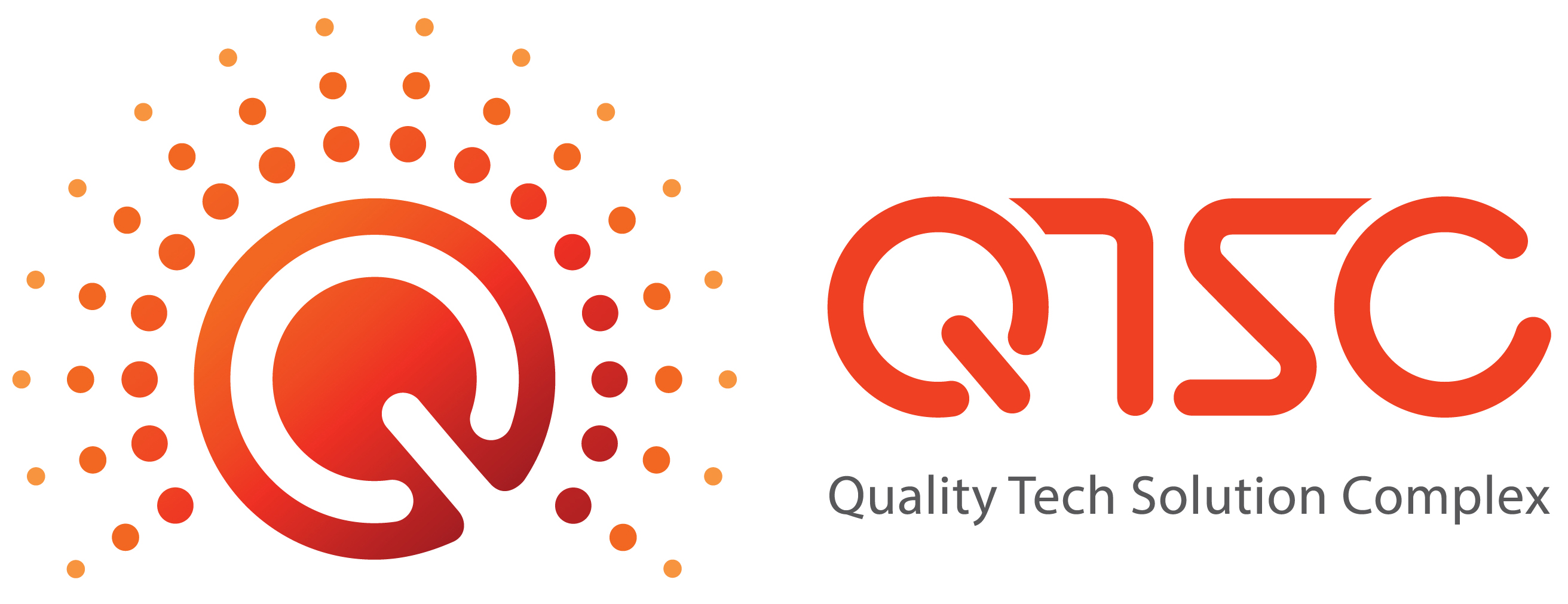




 Tiếng Việt
Tiếng Việt



